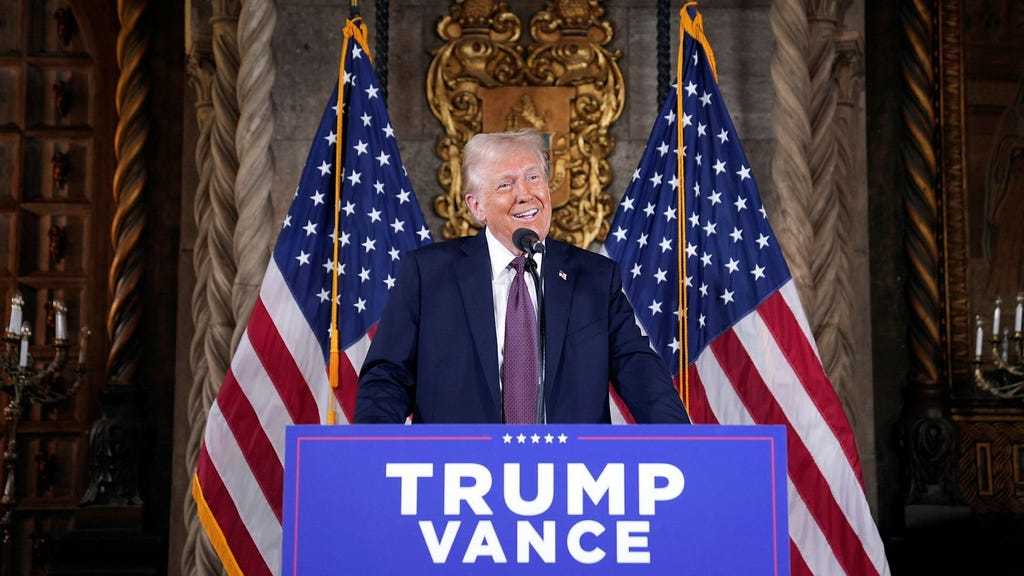The challenge of translating campaign rhetoric into concrete policy is vividly illustrated by the complexities surrounding immigration. During election cycles, broad pronouncements targeting easily identifiable concerns, such as illegal immigration or crimes committed by newcomers, can unite disparate groups. This tactic allows individuals to project their own specific desires onto the generalized message, fostering a sense of shared purpose. However, this approach becomes problematic when the time comes to implement actual policies. The inherent ambiguity of campaign slogans clashes with the need for specific, actionable legislation, often revealing underlying divisions within the supporting base.
Donald Trump’s experience, even before assuming office, exemplifies this difficulty. Within the Republican party, a rift emerged between factions holding vastly different views on immigration. A hardline group, advocating for a nation with minimal immigration, sought to restrict not only illegal immigration but also legal immigration of skilled workers. This stance clashed sharply with the views of another faction, comprised of prominent business leaders and individuals like Elon Musk, who recognized the crucial role of skilled immigrants in maintaining America’s competitive edge. The conflicting priorities of these two groups exposed the inherent contradictions within the broader anti-immigration sentiment. Trump’s promise of mass deportations and travel bans, while appealing to some, alienated others who saw such policies as economically damaging.
This internal conflict within the Trump camp highlights a larger issue facing right-wing politics in both the US and Europe: the uneasy alliance between those who fundamentally oppose immigration and those who favor a more nuanced approach. While some right-leaning individuals support restrictions on immigration for practical reasons, such as strain on social services or concerns about cultural integration, they differ significantly from those who hold a principled objection to immigration in any form. The conflation of these distinct viewpoints under a single banner of ”immigration control” creates a deceptive sense of unity that often unravels when specific policies are proposed. The resulting confusion is exacerbated by shifting rhetoric, often employed to appease different segments of the electorate.
Similar complexities are evident in the Swedish political landscape. While the government publicly emphasizes the importance of attracting foreign talent and expertise, the dominant narrative surrounding immigration has taken a decidedly restrictive turn. The emphasis on reducing immigration numbers, exemplified by the celebration of a decline in net migration, sends a mixed message to potential newcomers. This apparent contradiction between welcoming skilled workers and discouraging immigration in general creates confusion and potentially undermines efforts to attract international talent. Balancing the competing demands of attracting skilled labor while appeasing anti-immigration sentiment presents a significant challenge for the government.
The rhetoric surrounding immigration often blurs the lines between different categories of newcomers. While concerns about illegal immigration and potential security risks are legitimate, they should not be conflated with the contributions of legal immigrants, particularly those with specialized skills and expertise. The tendency to lump all immigrants together under a single, often negative, label creates a hostile environment that discourages skilled workers from settling in the country. This, in turn, can have significant negative consequences for the economy and innovation.
Ultimately, the successful integration of immigrants requires a nuanced approach that distinguishes between different categories of newcomers and addresses the specific challenges and opportunities they present. Generalized pronouncements and simplistic solutions fail to capture the complexities of immigration and often exacerbate existing divisions. A more thoughtful and balanced approach is essential for creating a society that benefits from the contributions of immigrants while effectively addressing legitimate concerns about security and social cohesion. This requires moving beyond divisive rhetoric and engaging in constructive dialogue that recognizes the value of diversity and the importance of welcoming those who can contribute to the nation’s prosperity.














